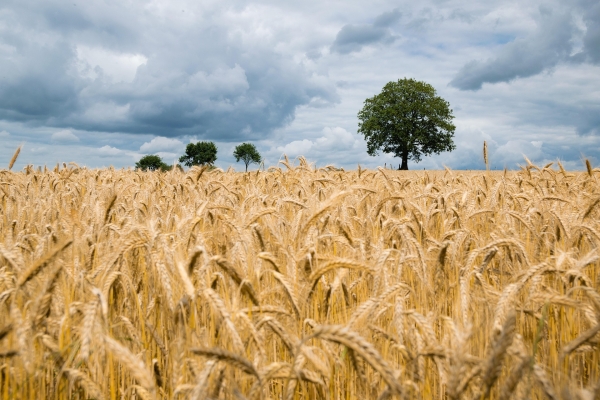Following a year when temperature records have been smashed, research from the Earlham Institute in Norwich, in collaboration with the International Maize and Wheat Improvement Centre (CIMMYT), offers much-needed hope for improving crop resilience and food security in the face of climate change.
The field trials in Mexico also emphasise the importance of genetic diversity in key crops, where decades of selective breeding have reduced their ability to adapt to a rapidly warming planet.
There is growing uncertainty around the ability of major food crops to continue to meet global demand as temperatures rise and weather events become more extreme.
Wheat provides more global calories than any other crop yet most of the wheat grown around the world has limited genetic variation, making it vulnerable to the impacts of climate change.
Read more at: Earlham Institute
Photo Credit: KaiPilger via Pixabay


